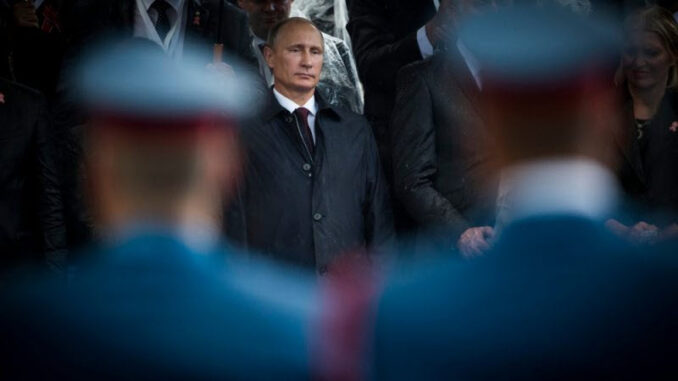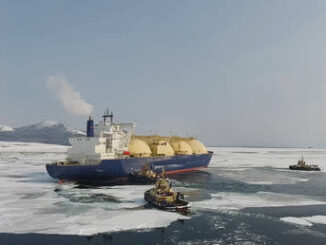
In “Russia and the First Economic World War”, Antonia Colibasanu, from the analytical company Geopolitical Futures, argues that the Kremlin has been preparing to confront the West and its socio-economic model for decades.
“As momentous as Russia’s invasion of Ukraine is, the most strategically important event in recent weeks was the global economic war between Russia and the US and its allies,” Colibasanu argues.
In other words, Europe may be underestimating the economic resilience of Russia, which is betting on sanctions backfiring on Europeans and sowing discord inside the EU.
The West decided to help Russia in the 1990s because it would have been disastrous for Europe if it had collapsed into a failed state. Germany alone poured billions of marks into Russia to stabilize it.
Colibasanu said that probably the most important elements of the Russian strategy are “supporting EU fragmentation through its economic ties in Europe and using the knowledge of European politics that it has gained over the years”.
“The moment European citizens feel the repercussion of Western sanctions is when the bloc will become more fragile, which will allow Russia to exploit the EU’s weaknesses”, Colibasanu contends.
We can agree with the thesis or not, but it has a certain weight and logic.
The Financial Times’ Gideon Rachman wrote a few days later: “While there is undoubted satisfaction in Washington and Brussels at the strength and unity of the Western response, even the optimists are keenly aware that Western unity could be fragile and fleeting”.
At a meeting of the International Monetary Fund meeting last week, Janet Yellen, the US treasury secretary, urged Europe to be “careful” about imposing a complete ban on Russian energy imports, as this would have a devastating impact on the global economy.
Russia’s military weakness, which its invasion of Ukraine has exposed, means that it will probably not dare expand its war to the EU, though it still has weapons of mass destruction. But Moscow has taken the economic war seriously.
“A total embargo may not have such a negative impact on Moscow’s finances, with Russia benefiting from higher prices,” Yellen has said.
As it assesses further sanctions, the EU must be cautious about maintaining political unity and mitigating the negative impact of the economic war with Russia on its own people.



